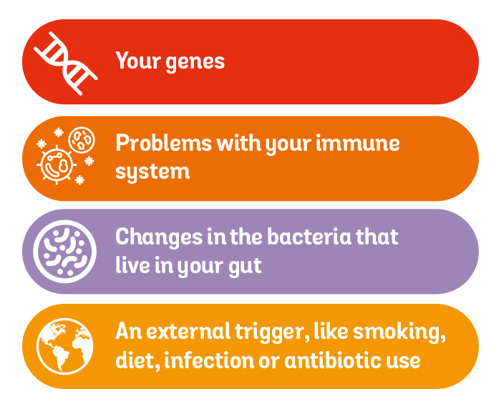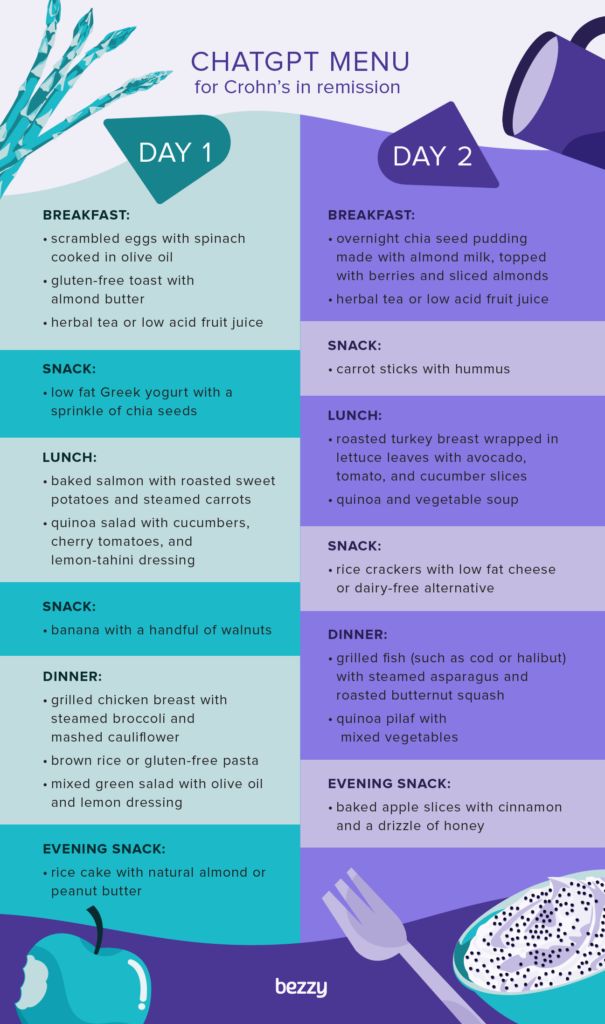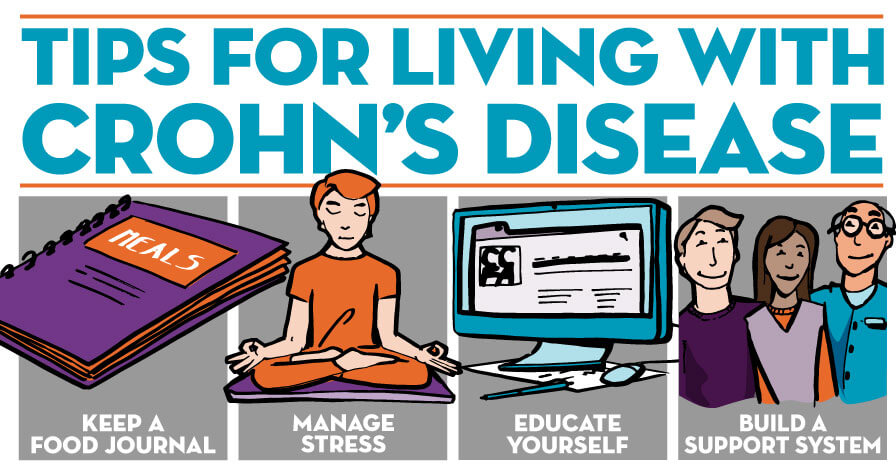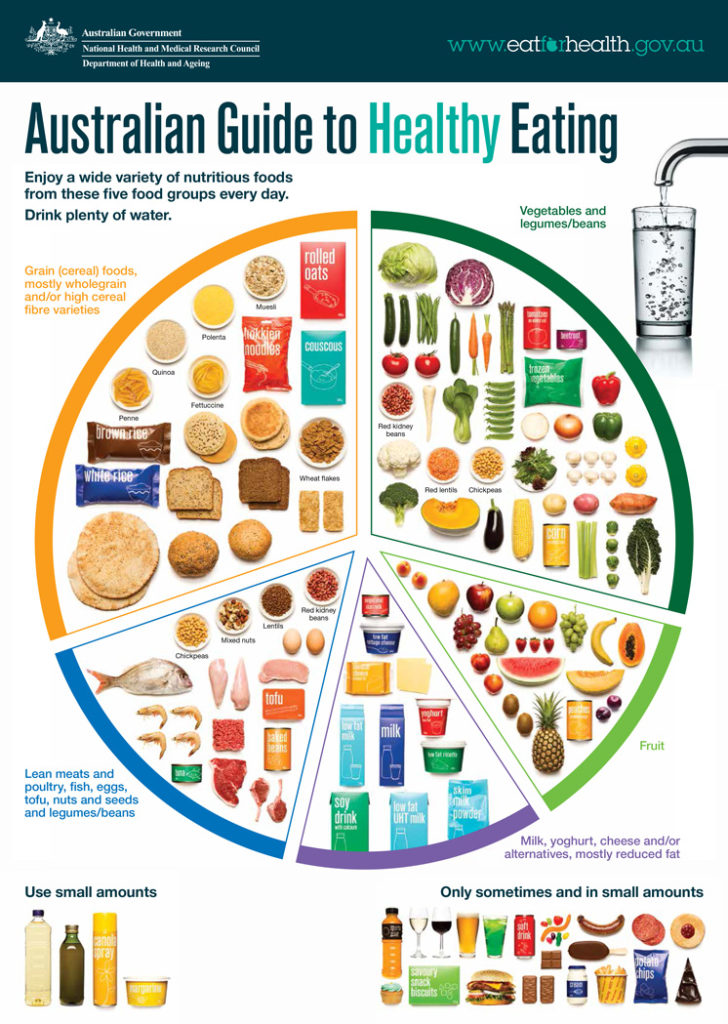Discover how simple dietary changes and lifestyle adjustments can help you effectively manage your Crohn’s disease symptoms and improve your quality of life.
Table of Contents
Introduction to Beating Crohn’s
Dealing with a chronic illness like Crohn’s disease can be tough, but there are ways to tackle it head-on. By making smart choices in what you eat and how you live, you can make a big difference in how you feel and manage your symptoms. Let’s dive into how you can take charge of your health and beat Crohn’s disease!
What is Crohn’s Disease?
Crohn’s disease is a chronic illness that affects the digestive system. It is classified as an autoimmune condition because the body’s immune system mistakenly attacks healthy cells in the intestines, causing inflammation and discomfort. Living with Crohn’s means dealing with ongoing digestive issues that can impact your daily life.
Understanding Crohn’s Disease
When we talk about Crohn’s disease, we’re diving into the world of inflammatory bowel conditions. And boy, can it make a stomach rumble seem like a piece of cake! Crohn’s is what we call a chronic illness, meaning it likes to stick around for the long haul, and it’s caused by the body’s immune system attacking the digestive tract. Let’s break it down a bit more to see how it can affect your body.
How Does Crohn’s Affect Your Body?
Picture your digestive system as a mighty, winding river that carries food from your mouth all the way down to your tummy. Now, with Crohn’s disease, this river is under attack. The walls of the river, also known as your intestines, get all swollen and inflamed, causing a lot of pain and trouble for the food passing through. This inflammation can lead to nasty ulcers and make it tough for your body to absorb all the good stuff from your food, leaving you feeling weak and tired.
Symptoms of Crohn’s Disease
When Crohn’s decides to throw a party in your intestines, a bunch of symptoms can show up uninvited. You might experience tummy pain, diarrhea, urgent bathroom visits, weight loss, and feeling super tired all the time. It can be a real hassle to deal with, but knowing the signs can help you and your doctor figure out how to keep the symptoms under control.
Why Nutrition Matters
When it comes to feeling your best and keeping your stomach and intestines healthy, the food you eat plays a crucial role. Your digestive health, or how well your body breaks down food and absorbs nutrients, is directly impacted by the foods you choose to eat. So, let’s dive into why nutrition matters for managing Crohn’s disease.

Image courtesy of via Google Images
The Role of Diet in Digestive Health
Have you ever noticed how certain foods can make you feel energized and strong, while others might leave you feeling bloated or uncomfortable? Well, that’s because different foods have different effects on your digestive system. Eating a healthy, balanced diet that includes plenty of fruits, vegetables, whole grains, and lean proteins can help keep your stomach and intestines happy.
Good Foods vs. Bad Foods
Not all foods are created equal when it comes to supporting your digestive health. Some foods, like fruits and vegetables, are packed with vitamins, minerals, and antioxidants that can help reduce inflammation and keep your gut happy. On the other hand, processed foods, sugary snacks, and greasy foods can trigger inflammation and worsen symptoms of Crohn’s disease. By choosing the right foods and avoiding the ones that can cause problems, you can help manage your condition and feel your best.
Building a Crohn Friendly Diet
Living with Crohn’s disease can be challenging, but making the right food choices can significantly improve your quality of life. By selecting foods that won’t upset your Crohn’s, you can help manage your symptoms and feel better overall.
Start With a Food Diary
One of the best ways to determine which foods work well for your body and which ones trigger symptoms is by keeping a food diary. By noting what you eat and how you feel afterward, you can identify patterns and make informed decisions about your diet. Remember to include details such as portion sizes, cooking methods, and any symptoms you experience.
Creating Your Crohn’s Diet Plan
Once you have a good understanding of how different foods affect your body, you can create a personalized Crohn’s diet plan. This plan should focus on incorporating nutritious foods that are gentle on your digestive system. Aim to include a variety of fruits, vegetables, lean proteins, and whole grains in your meals while avoiding trigger foods that worsen your symptoms.
With a well-thought-out Crohn’s diet plan, you can enjoy delicious and nourishing meals that support your digestive health and overall well-being.
Foods to Include
When it comes to keeping your tummy happy, fruits and vegetables are your best buddies. Opt for easily digestible options like bananas, applesauce, steamed carrots, and spinach. These choices are gentle on your digestive system and can provide essential vitamins and nutrients to keep you strong.

Image courtesy of via Google Images
Lean Proteins
Proteins play a crucial role in maintaining your overall health, especially when you have Crohn’s disease. Focus on incorporating lean meats such as skinless chicken, turkey, and fish into your diet. These sources of protein are easier for your body to digest and can help support muscle growth and repair.
Foods to Avoid
If you have Crohn’s disease, you may want to steer clear of high-fiber foods. While fiber is generally good for your digestive system, it might not be the best option for those with Crohn’s. High-fiber foods can be challenging for your intestines to process and could worsen your symptoms. It’s important to pay attention to how your body reacts to different foods, so you can make the best choices for your health.
Dairy Products
When it comes to dairy products like milk, cheese, and yogurt, it’s essential to listen to your body. Some people with Crohn’s may find that dairy worsens their symptoms, while others may be able to tolerate it just fine. Keeping a food journal can help you track how dairy affects you and whether it’s something you should avoid. Consulting with your doctor or a dietitian can also provide valuable insight into whether dairy is a friend or foe to your digestive health.
Lifestyle Changes for Better Management
Dealing with stress is important when managing Crohn’s disease. Stress can exacerbate symptoms and make flare-ups more likely. Try relaxation techniques like deep breathing, meditation, or yoga to calm your mind and body. Taking breaks, pursuing hobbies, and spending time with loved ones can also help reduce stress levels. Remember, a calm mind leads to a happier gut!
| Tip | Description |
|---|---|
| Limit Dairy | Avoiding dairy products can help reduce inflammation and gastrointestinal symptoms. |
| Eat Small Meals | Consuming smaller meals more frequently throughout the day can help ease digestive issues. |
| Stay Hydrated | Drinking plenty of water can help maintain proper digestion and reduce flare-ups. |
| Monitor Fiber Intake | Some sources of fiber can exacerbate symptoms, so it’s important to find a balance that works for you. |
| Limit Processed Foods | Foods high in preservatives and additives can worsen inflammation, so opt for whole foods whenever possible. |
| Manage Stress | Stress can trigger Crohn’s symptoms, so finding stress-reducing activities like yoga or meditation can be beneficial. |
| Exercise Regularly | Physical activity can help improve digestion and overall gut health. |

Image courtesy of via Google Images
Importance of Exercise
Exercise plays a crucial role in managing Crohn’s disease. Regular physical activity can help improve digestion, reduce inflammation in the body, and boost overall well-being. Aim for at least 30 minutes of moderate exercise most days of the week. Whether it’s going for a walk, riding a bike, or playing a sport, staying active can positively impact your digestive health.
Handling Flare-Ups
Dealing with flare-ups of Crohn’s disease can be tough, but with the right strategies, you can manage the symptoms and feel better. Here are some tips to help you navigate through challenging times.
Recognizing a Flare-Up
It’s essential to pay attention to your body and recognize the signs of a flare-up. Symptoms may include increased abdominal pain, diarrhea, fatigue, and weight loss. If you notice these signs, it’s crucial to act quickly to address the flare-up.
Adjusting Your Diet During a Flare-Up
During a flare-up, certain foods may aggravate your symptoms. It’s essential to focus on a low-residue diet, which involves consuming easily digestible foods that are gentle on your digestive system. Opt for well-cooked fruits and vegetables, lean proteins, and avoid high-fiber foods, spicy foods, and dairy products. Drink plenty of fluids to stay hydrated and support your digestive health.
Consulting with your healthcare provider or a registered dietitian can also provide personalized guidance on managing flare-ups through dietary adjustments.
Getting Support
Dealing with Crohn’s disease can be tough, but you don’t have to go through it alone. Here are some ways you can find the support you need:

Image courtesy of via Google Images
Connecting with Others
One of the best ways to cope with Crohn’s is to connect with others who are going through the same thing. Support groups are a great way to meet people who understand what you’re going through. They can offer advice, share their experiences, and provide emotional support. Talking to others who have Crohn’s can make you feel less isolated and more empowered to manage your condition.
Working with Your Doctor
Your doctor is a crucial part of your support system when it comes to managing Crohn’s disease. They can help you create a personalized treatment plan that includes dietary and lifestyle changes. Your doctor can also monitor your progress, adjust your medications as needed, and offer guidance on managing symptoms. By working closely with your healthcare team, you can optimize your treatment and improve your quality of life.
Conclusion
Living with a chronic illness like Crohn’s disease may seem daunting, but armed with the right knowledge and strategies, you can still thrive. By focusing on nutrition, making smart lifestyle choices, and seeking support from others who understand, you can effectively manage your condition and live a fulfilling life.
Remember, paying attention to what you eat and how you live can make all the difference. By adopting a Crohn’s-friendly diet filled with gentle foods, minimizing stress, staying active, and recognizing and addressing flare-ups when they occur, you can take control of your health and well-being.
Chronic illness like Crohn’s may be a part of your life, but it doesn’t have to define it. With the right nutritional strategies and lifestyle adaptations, you can lead a happy and fulfilling life despite the challenges that come your way. Stay positive, stay informed, and remember that you’re not alone in this journey.
FAQs: Your Questions Answered
What is Crohn’s Disease?
Crohn’s disease is a chronic illness that affects the digestive system. It is considered an autoimmune condition, which means that the body’s immune system mistakenly attacks healthy tissues in the digestive tract, causing inflammation and various symptoms.
Can I cure Crohn’s with diet?
Crohn’s disease cannot be cured with diet alone, but making healthy food choices can help manage the symptoms and reduce inflammation in the digestive system. It is essential to work with healthcare professionals to create a comprehensive treatment plan that includes diet modifications, medications, and lifestyle changes.
What foods should I eat if I have Crohn’s?
If you have Crohn’s disease, it is crucial to focus on a diet that is gentle on your digestive system. Foods that are low in fiber, easily digestible, rich in nutrients, and free of potential triggers like dairy or gluten can be beneficial. Lean proteins, fruits, vegetables, and whole grains are generally well-tolerated by many individuals with Crohn’s.
What foods should I avoid?
There are certain foods that may worsen Crohn’s symptoms for some individuals. High-fiber foods, spicy foods, dairy products, processed foods, and foods high in fat or sugar are common triggers for digestive issues. It is essential to keep track of how your body responds to different foods and eliminate or limit those that cause flare-ups.
How can I tell if I’m having a Crohn’s flare-up?
A Crohn’s flare-up can manifest as increased abdominal pain, diarrhea, fatigue, weight loss, and a general feeling of being unwell. It is crucial to pay attention to changes in your symptoms and contact your healthcare provider if you suspect a flare-up. Keeping a symptom diary can help track patterns and triggers that may exacerbate your condition.





